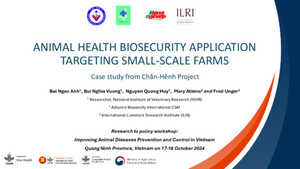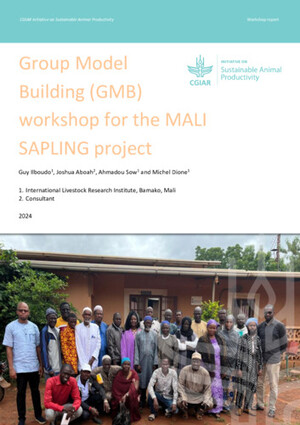
Vaccination with cyclin-dependent kinase tick antigen confers protection against Ixodes infestation
Abstract
Among arthropods, ticks lead as vectors of animal diseases and rank second to mosquitoes in transmitting human pathogens. Cyclin-dependent kinases (CDK) participate in cell cycle control in eukaryotes. CDKs are serine/threonine protein kinases and these catalytic subunits are activated or inactivated at specific stages of the cell cycle. To determine the potential of using CDKs as anti-tick vaccine antigens, hamsters were immunized with recombinant Ixodes persulcatus CDK10, followed by a homologous tick challenge. Though it was not exactly unexpected, IpCDK10 vaccination significantly impaired tick blood feeding and fecundity, which manifested as low engorgement weights, poor oviposition, and a reduction in 80% of hatching rates. These findings may underpin the development of more efficacious anti-tick vaccines based on the targeting of cell cycle control proteins.
Citation
Gomes, H., Moraes, J., Githaka, N., Martins, R., Isezaki, M., Silva Vaz Jr., I. Da, Logullo, C., Konnai, S. and Ohashi, K. 2015. Vaccination with cyclin-dependent kinase tick antigen confers protection against Ixodes infestation. Veterinary Parasitology 211(3-4):266–273.










